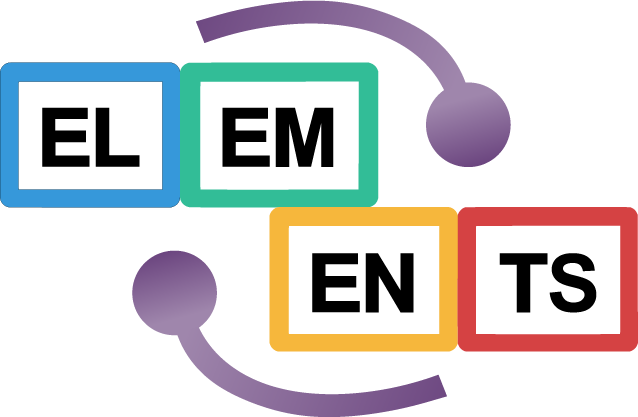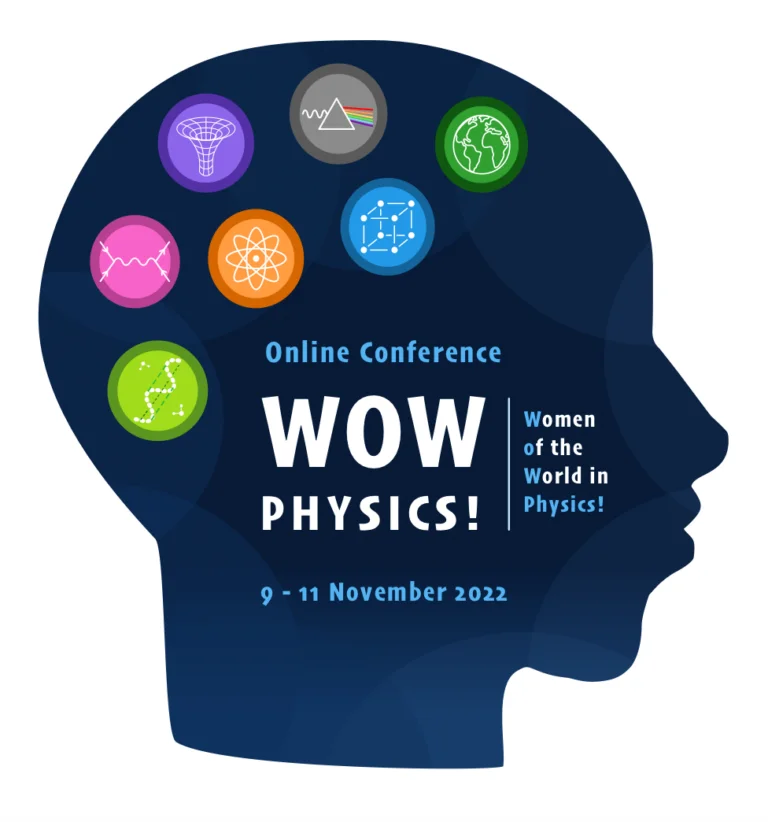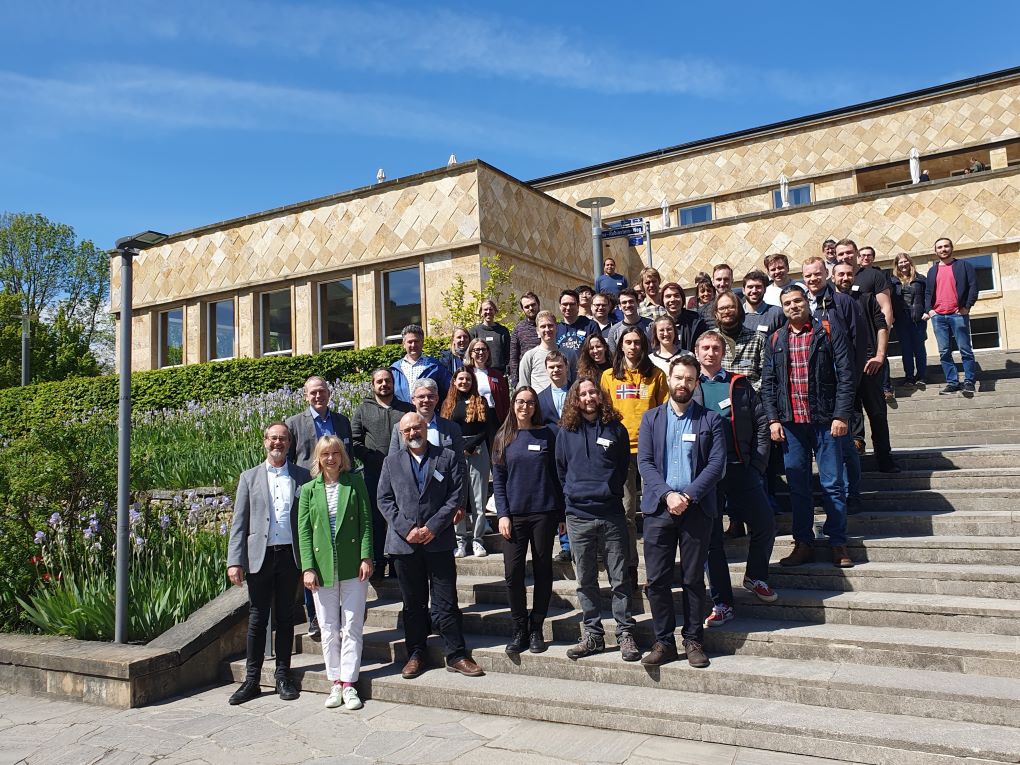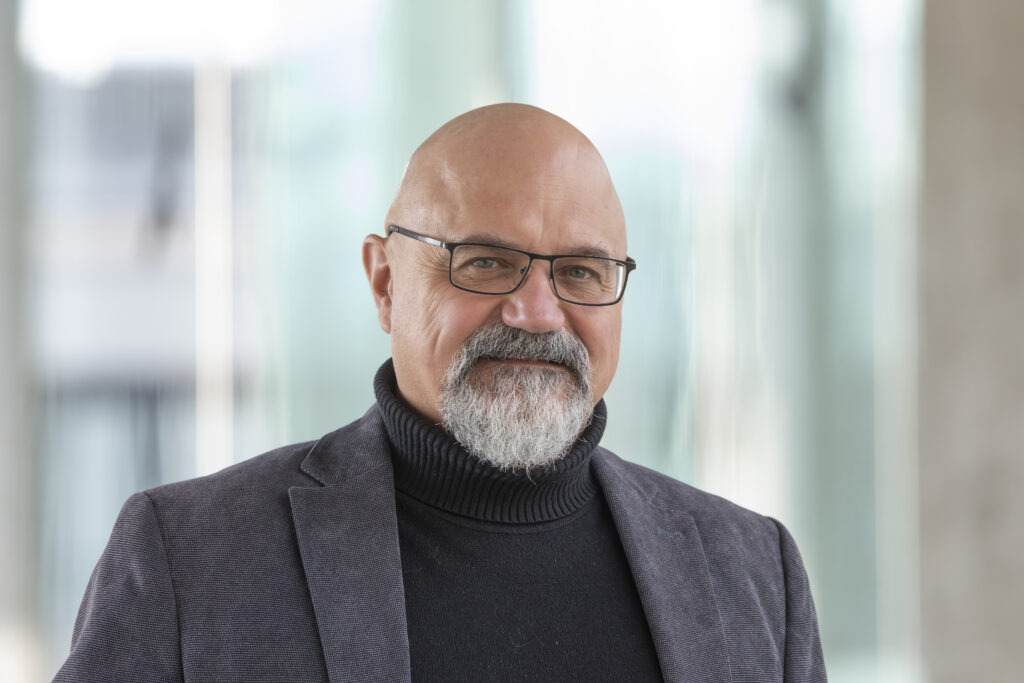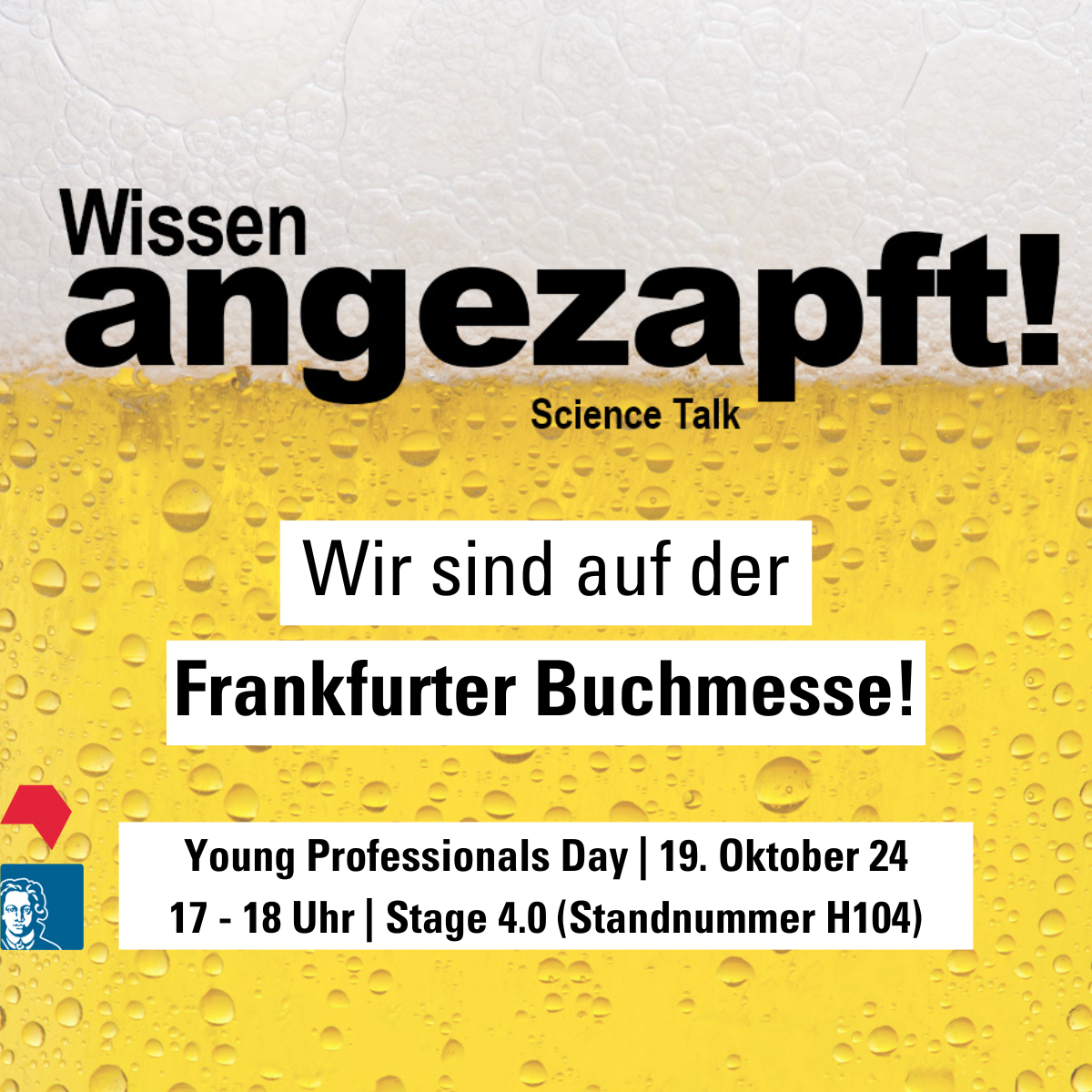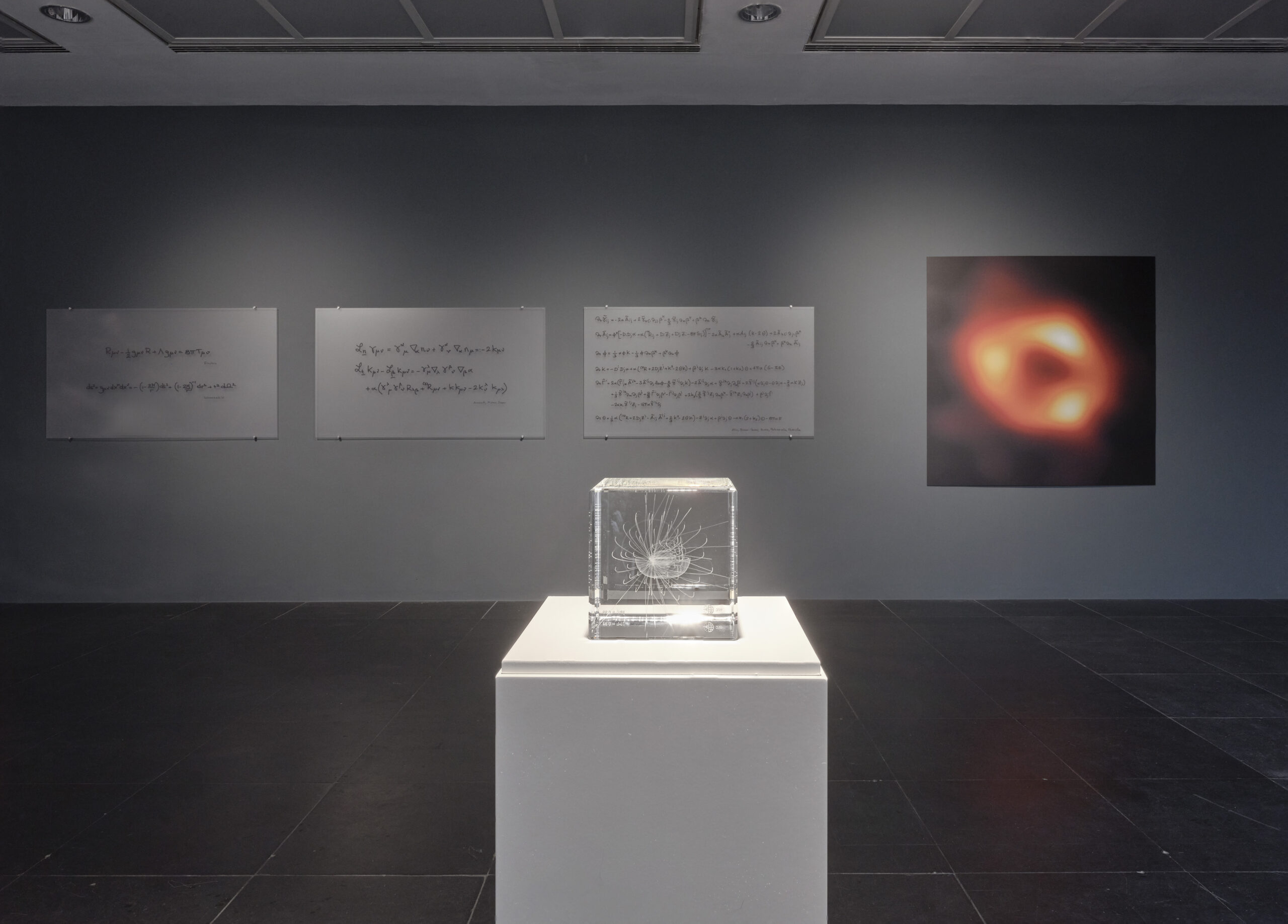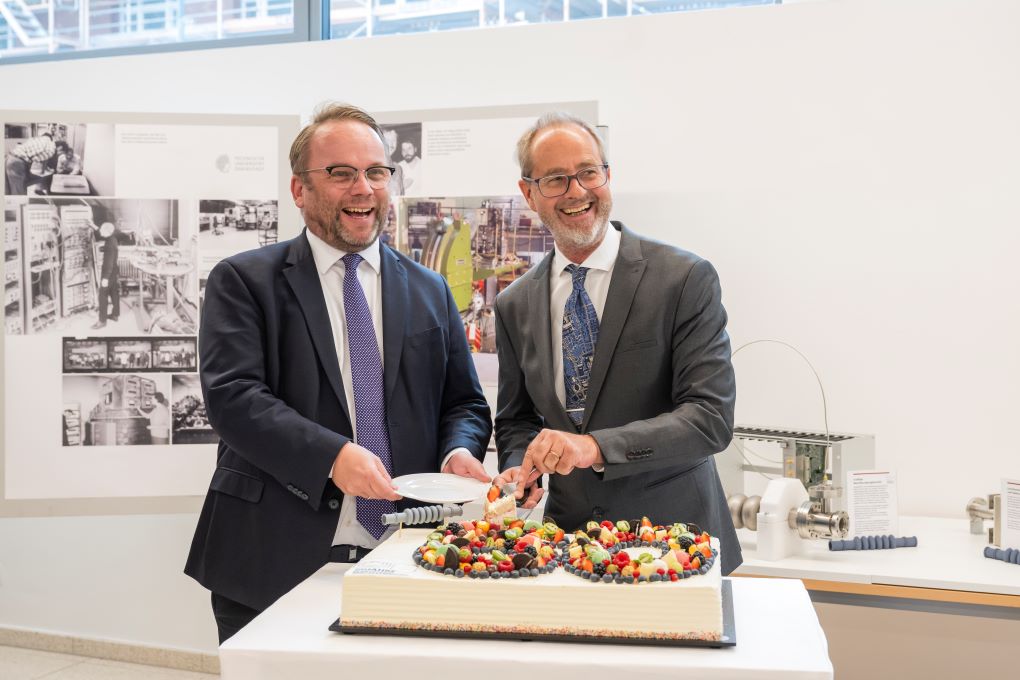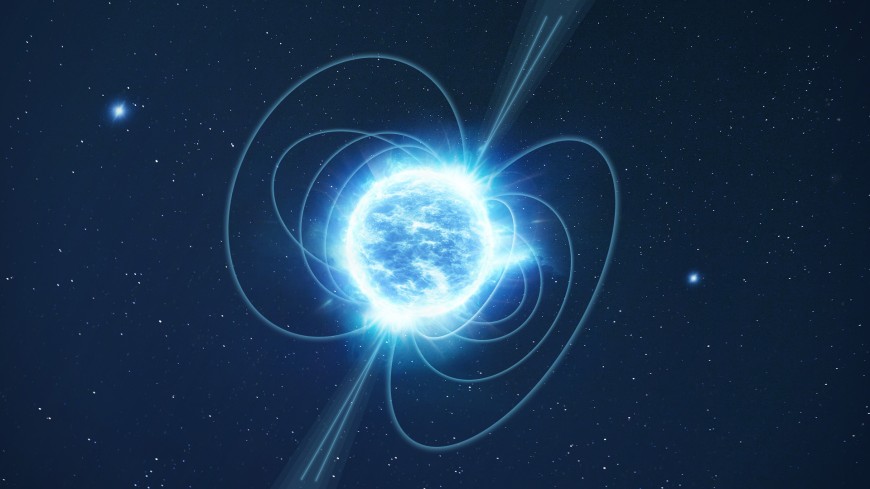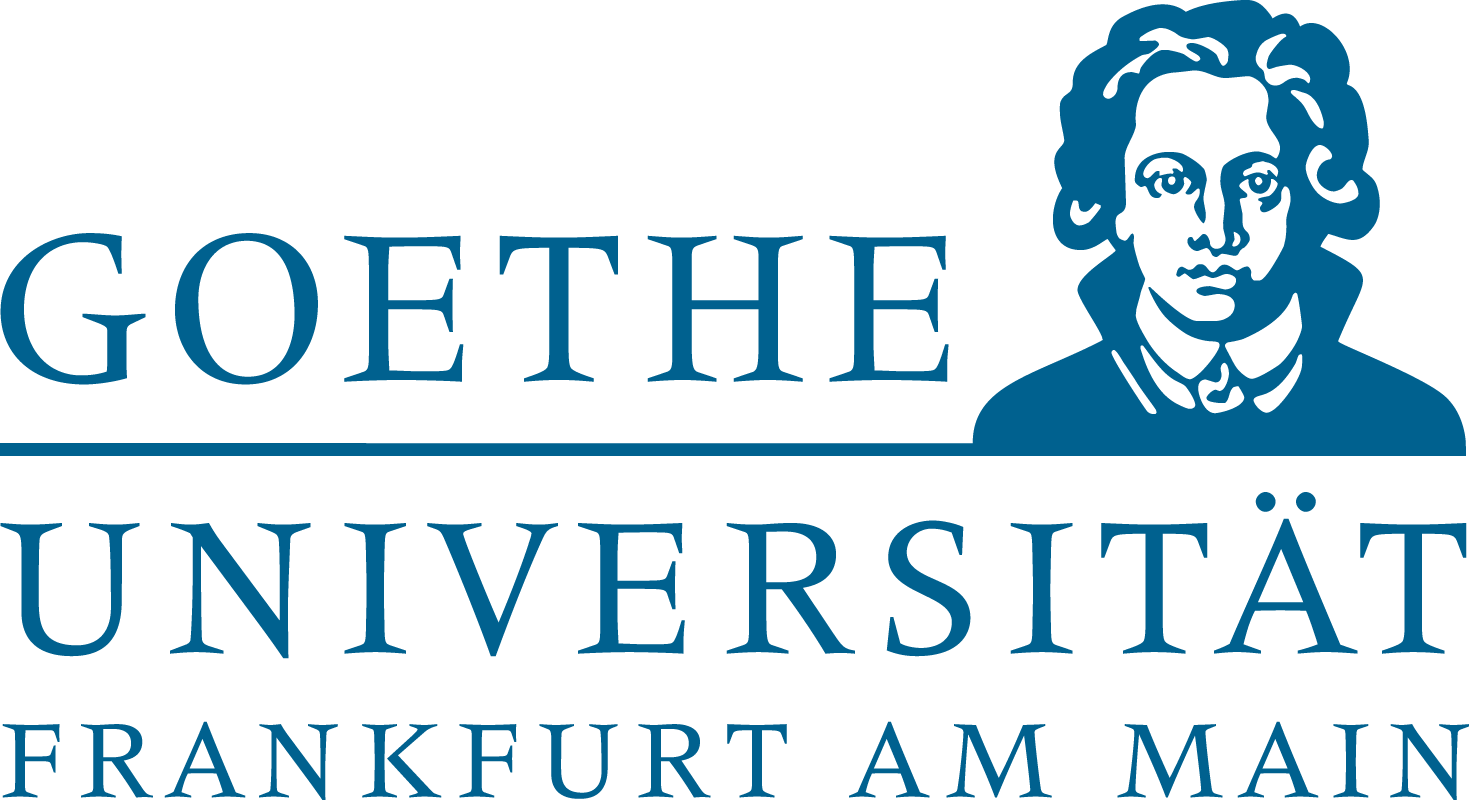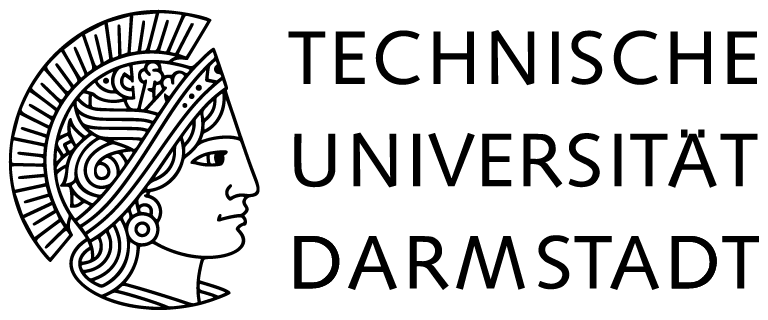Women still constitute a minority when it comes to the field of physics; in Germany, only about 13% of physics professors are female, and the situation is not much better in other Western countries. There are many reasons for this, one of which is certainly the lack of role models. Giving them a stage and making the work of female physicists visible worldwide was the goal of this week’s “WOW Physics! – Women in the World of Physics!” conference. The international event was held online, and made its debut at Frankfurt’s Goethe University. Following the opening remarks by Germany’s Federal Minister of Education and Research Bettina Stark-Watzinger and Hessian Minister for Science and the Arts Angela Dorn, Goethe University President Prof. Enrico Schleiff emphasized the importance of the conference’s format: “The incredibly high number of participants at a new scientific conference testifies to one fact above all: the enormous influence of women in the natural sciences! It gives us a sense of how important networking events and support activities are, especially in this field.”
At 960, the number of participants exceeded the expectations of the conference organizers. “We are completely overwhelmed by this response and by the enthusiasm with which the event was received by the participants,” says ELEMENTS PI Laura Sagunski, professor at Goethe University’s Institute for Theoretical Physics and conference initiator. She and her team were able to attract several renowned female scientists from all subfields of physics, who gave lectures at the 3-day event. Among those presenting their research were Laura H. Greene, who serves as one of the advisors to the U.S. president, and Melissa Franklin, who was involved in the discovery of the heaviest elementary particle known to date. Since numerous students and even pupils had registered for the conference, the aim was to present the content in the most comprehensible way possible.
There was also room for non-scientific topics: Dorothée Weber-Bruls, for instance, recounted her path to becoming a patent attorney, which she started during her doctorate in physics, with intermediate stops at television and in management consulting. As president of Germany’s Physical Society (Physikalischer Verein: Gesellschaft für Bildung und Wissenschaft) – the first woman to hold the position in the association’s near 200-year history – physics education is a topic that is especially close to her heart: “My goal is to spark interest in the subject and to nurture talent.” The conference also included a roundtable discussion on the paths taken by different women in science. The session was moderated by Jessica Wade, who is best known for her contributions to Wikipedia about scientists from underrepresented groups – a commitment that was recently awarded with the prestigious British Empire Medal. In addition to the challenges the panelists encountered at various career stages, the debate also offered practical tips. As a result, participants are able to make their virtual way not only home but potentially also into a future in physics, armed with both new knowledge as well as a large dose of encouragement.
The sessions can still be watched on YouTube.
